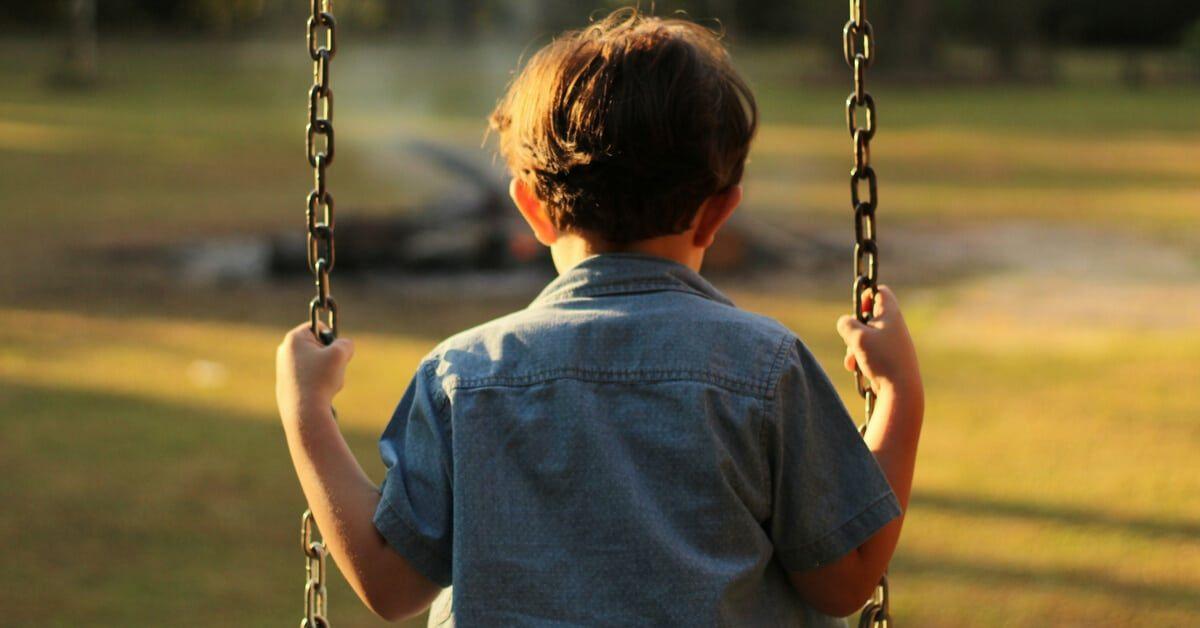“Hi Dr Justin
My son won’t talk when he comes home from school. I ask him how his day was and he just says, “Fine.” I ask him what he did and he says “Nothing”. I ask him who he spent time with and he shrugs or mentions a friend or two. That’s it. Why won’t he talk? Is he being bullied? How can I get him to open up? He’s 9 years old.”
Parents have been complaining about this problem for at least 50 years! Kids come home from school and won’t talk.
Let’s spin the question around for a moment. When you come home after a long day and someone asks you how your day was, how talkative are you? Most adults acknowledge that they’re pretty uninterested in talking when they walk in the door. They want some time to decompress, relax, gather their thoughts, and get back into the feeling of being at home.
Instead of asking kids “how was school” the minute we see them, I suggest welcoming your child home with “I’m glad to see you.” You might not ask about their day, but instead reassure them, “I hope you had a really nice day today.” You are just as likely to get conversation from that statement as the question, “How was your day?” But the conversation will be less forced. Your child will be choosing to elaborate rather than feeling he must answer a question.
Think about the times your child is most communicative. Is it while doing homework? In front of the TV? In the yard playing? In the car on the way to an activity? Bed time or dinner time?
Most parents suggest that their kids are more likely to be chatty when they’re in the car, eating a meal (no screens at the table!), or going to bed. Alternatively, some parents find that if they sit quietly in the living room, their kids will gravitate to them and want to talk because mum’s not busy.
Take advantage of these times to find out about how things are going with your child. Ask questions that encourage curiosity and conversation.
When you say “how was your day?” there are usually only a few answers. It’s a relatively closed question. “Fine. Ok. Not bad.” By changing the question just a little, you can open up a conversation that is entirely different:
“Tell me about what you did today.”
“What did you do that was fun?”
Ask questions like: “What was the most unexpected thing that happened in the playground today?” Try “did anything happen today that made you laugh?” “Was anyone extra kind today?”
Think about some characteristics and virtues that you would like to encourage in your children. Ask questions about those attributes. It could be anything from honesty and loyalty through to friendship or something to do with a great work ethic and a growth mindset. Then ask some questions about how they developed those attributes during the day or how they witnessed someone else doing it.
For example:
“Who did you help today and how?”
“Tell me about something you did that was really hard and required your determination.”
“What was something you saw or experienced at school today that made you grateful?”
Instead of the usual boring questions that leave us with the usual boring answers, here are some other suggestions:
What was the best thing that happened at school today?
Did anything happen today that made you laugh?
Did anything happen today that left you feeling upset?
Teach me one thing that you learned today.
What challenged you today – in class, in a relationship, or something personal?
What was the most interesting thing your teacher said today?
Who did you play with today? What did you play?
What did you eat for lunch today?
When did you feel most proud of yourself today?
These questions ensure that we stay connected to our kids. They help us to know what’s going on in their lives, identify anything amiss, and instil in them the values we wish to encourage.
Remember, though, that sometimes children don’t feel like talking. And that’s ok. Be near them, let them know they’re safe and loved, and that they can talk with you later if they feel like it. No pressure.
Finally, there is one question that matters most. This is the question I like to ask my children as they settle into bed. It’s a question that helps us know that everything is ok in their lives.
“What are you looking forward to tomorrow?”
If they’re not looking forward to anything, we can discuss why and uncover difficulties and challenges we may not have realised existed. We can listen, understand, and help.
Hopefully they are looking forward to something though. When our children have something they’re looking forward to, they’re less at risk of depression and anxiety. It shows that they have good things in their lives. And it gives us reassurance that things are going ok after all. Even if the kids don’t feel like talking sometimes.
Article supplied with thanks to Happy Families.
About the Author: A sought after public speaker and author, and former radio broadcaster, Justin has a psychology degree from the University of Queensland and a PhD in psychology from the University of Wollongong.

